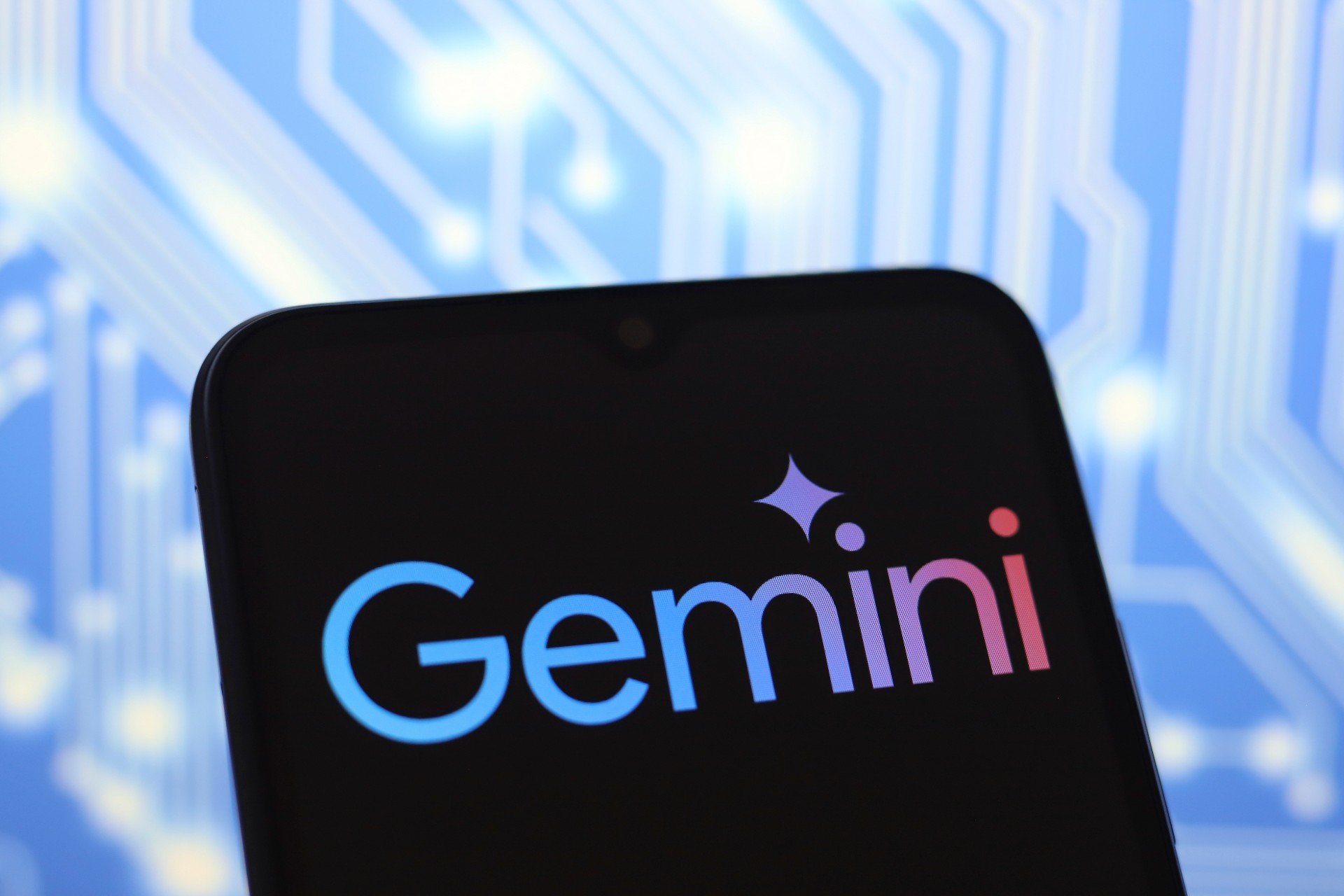URGENT UPDATE: In a shocking turn of events, over 200 workers involved in developing Google’s AI products have been laid off as the tech giant grapples with the financial pressures of AI development. This mass termination, reported by Wired, highlights a significant shift within the AI industry, raising concerns over job security for those building the future of technology.
Sources confirm that these layoffs predominantly affected contractors from GlobalLogic, a software firm owned by Hitachi. Many of the affected workers were engaged as raters, overseeing the quality of AI outputs, primarily focused on English-language content. Most of these employees are based in the US, with many holding advanced degrees such as master’s or PhDs in their fields.
While some were told these cuts were due to a “ramp-down” of projects, skepticism looms among the workforce. Reports suggest that the layoffs may be linked to ongoing worker protests regarding pay and job stability. Furthermore, documents from GlobalLogic indicate that the company is moving towards automating the rating process, potentially replacing human raters with AI systems.
The layoffs at Google are part of a broader trend in the tech industry. Just days ago, xAI, founded by Elon Musk, announced the layoff of at least 500 workers, primarily data annotators. This shift reflects a move away from generalist roles to a focus on specialists within the company.
Additionally, Meta has faced similar challenges, cutting 14% of its workforce, including 200 full-time employees and around 500 contractors, as it reassesses its AI strategy. The social media giant is reportedly contemplating further downsizing of its AI department in response to shifting priorities in a competitive landscape.
These layoffs signal a troubling trend where lower-level workers, responsible for critical data handling, are increasingly deemed expendable, while substantial compensation continues to flow to higher-level executives and specialists. The disparity raises questions about the sustainability of the industry and the human cost of AI development.
As industry giants navigate these turbulent waters, the future remains uncertain for those in the AI sector. Workers are left wondering what the next moves will be, as companies prioritize automation and specialization over human talent.
Next Steps: Analysts and industry observers will be closely monitoring how these shifts impact the AI landscape, particularly in terms of job availability and the balance of power within tech companies. The ongoing layoffs highlight the urgent need for transparency in the AI workforce and an understanding of the challenges faced by those on the front lines of this technological revolution.
Stay tuned for updates as this story develops.
